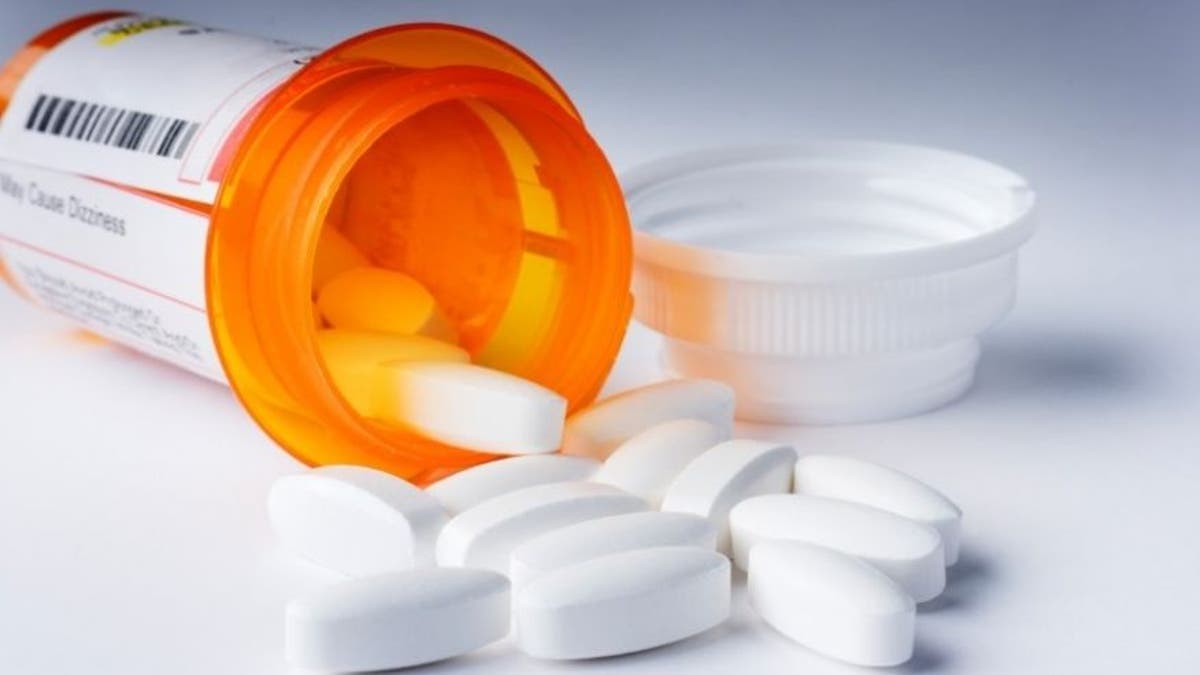
The same meds that staunch your allergy symptoms or heartburn might also diminish your gains at the gym: Over-the-counter antihistamines may hamper your muscle recovery after exercise, a new study from the University of Oregon suggests.
One hour before a 60-minute strength training workout, the participants took strong doses of two antihistamines, fexofenadine (Allegra, which treats hay fever symptoms) and ranitidine (Zantac, which treats heartburn).
After they completed their workout, the researchers tested their muscles to gauge their recovery.
Normally after vigorous exercise, 3,000 genes work to aid recovery by boosting the blood flow to the tiny tears in your muscle fibers that occur when you light weights. This increases muscle-protein synthesis, which repairs and reinforces the fibers so that they’re more resistant the next time you lift weights.
Over time, this process causes your muscles to become bigger and stronger.
But in the study, the antihistamine blunted 27 percent of that recovery response.
Here’s why: Antihistamines block histamine, a chemical released by your immune system that causes symptoms like runny nose, itchiness, difficulty breathing, or even the excess stomach acid that can lead to indigestion.
That’s good news for your allergies or your indigestion, but it can be bad news for your muscles.
That’s because histamine also appears to play a vital role in exercise recovery, said study author John R. Halliwill, Ph.D.
In particular, they recruit immune cells to the muscles to help repair damage, he said.
Related: 5 Over-the-Counter Drugs You Should Never Take Together
But don’t be too concerned just yet: The study used high doses of two types of antihistamines together. Most people take only one drug, with a half or even a third of the dosage taken by the study participants, Halliwill said.
So if you’re taking the recommended dose of one type of antihistamine for short-term use—say, a few days or even weeks to treat seasonal hay fever or occasional heartburn—you don’t need to worry about it affecting your gains.
Still, more research regarding muscle recovery needs to be done on the effects of taking antihistamines—even in the normal dosages—on a daily basis for months at a time, he said.
Related: How Your Allergies Have Evolved Over the Years—and When They Will Strike Next
If you’re really worried, talk to your doctor or an allergy specialist about taking a different class of meds, Halliwell said. For instance, allergy shots—a type of immunotherapy—can help reduce allergy sensitivities before the season starts.
